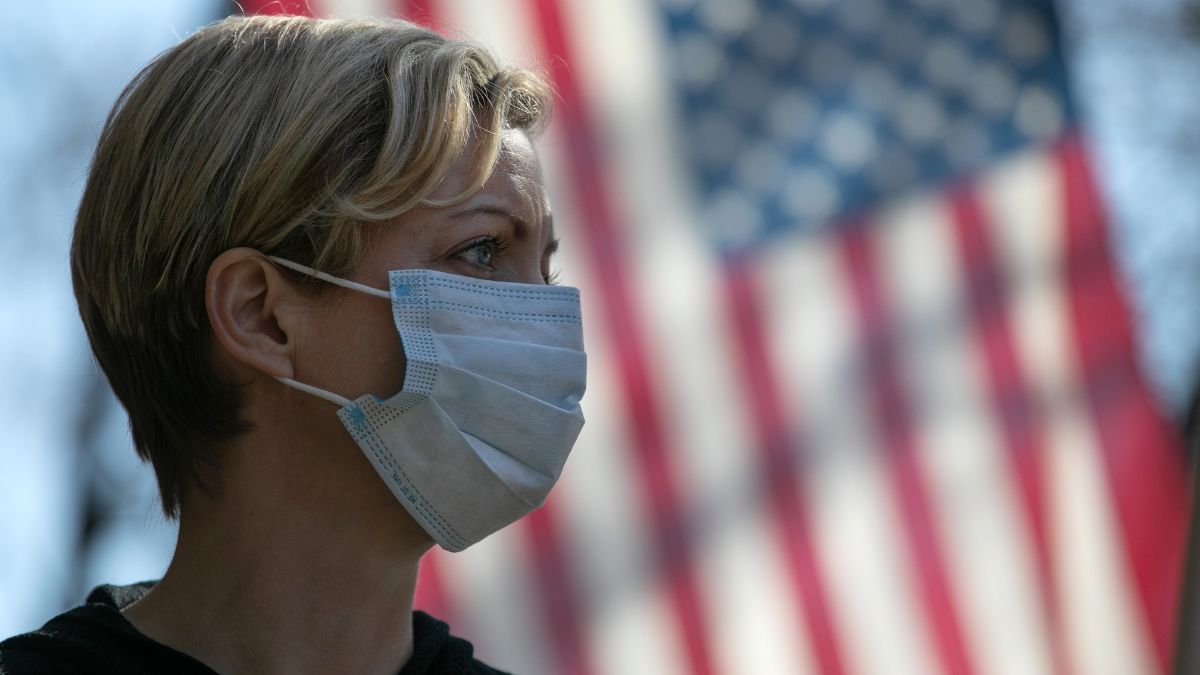
The United States has suddenly stopped recommending routine COVID-19 vaccination for pregnant women and healthy children, a decision that has caused a lot of debate and raised important questions about how such major public health choices are made.
The announcement was made by Health Secretary Robert F. Kennedy Jr. on X, skipping the usual process that involves the Centers for Disease Control and Prevention’s (CDC) Advisory Committee for Immunization Practices (ACIP), the group normally responsible for reviewing and suggesting changes to the country’s vaccine guidelines.
Public health experts have strongly criticized this unusual decision to go around the ACIP, according to Reuters. Normally, the ACIP carefully reviews the evidence, holds a formal vote, and then the CDC director makes the final decision. This time, however, the Health Secretary made the announcement directly, which infectious disease experts say completely ignores the usual process.
No more COVID shots for healthy kids or pregnant women
The fact that the ACIP was not involved has led to concerns about whether the decision was made transparently and based on solid science, especially since it could have major effects on public health.
Kennedy Jr., FDA Commissioner Marty Makary, and NIH Director Jay Bhattacharya explained the decision by saying there is not enough proof that healthy children need routine COVID-19 vaccination. They claim the vaccines were taken off the CDC’s recommended schedule because there isn’t enough data showing they are necessary for this group. Makary has also said that most other countries have already stopped recommending routine COVID-19 shots for children.
Today, the COVID vaccine for healthy children and healthy pregnant women has been removed from @CDCgov recommended immunization schedule. Bottom line: it’s common sense and it’s good science. We are now one step closer to realizing @POTUS’s promise to Make America Healthy Again. pic.twitter.com/Ytch2afCLP
— Secretary Kennedy (@SecKennedy) May 27, 2025
However, this goes against what the CDC has said before, which was that updated COVID-19 vaccines should be given to everyone six months and older. This difference shows a major change in approach and makes people question whether the new decision is justified. The earlier recommendations were based on many studies that, while now being questioned, had shown the vaccines were effective and safe in preventing serious illness and spread.
The speed of the decision has also worried health professionals. Experts point out that the ACIP was planning to discuss these exact issues at a meeting in June, where they were expected to consider a more focused vaccination strategy for high-risk people. By making the announcement first, the Health Secretary seems to have ignored the committee’s role, which has raised concerns about possible legal problems. This seems to be another RFK push, like doing your own research or Measles being normal.
Insurance companies have reacted carefully. Several large insurers have said they are looking at the new guidance to see how it affects their coverage policies, which usually follow ACIP recommendations. Some have stressed the importance of preventive health measures, including COVID-19 vaccination, but it is still unclear whether insurance will keep covering these vaccines. This uncertainty adds to the confusion and practical challenges caused by the sudden policy change.
Adding to the complexity, well-known pediatricians like Dr. Cody Meissner have supported the decision, saying COVID-19 seems less severe in young children now. He argues that past recommendations were influenced more by politics than science and that pushing vaccines for young children and pregnant women no longer matches the current situation with the virus. At the same time, vaccine companies Moderna and Pfizer have not commented on the decision, leaving their stance unclear.







